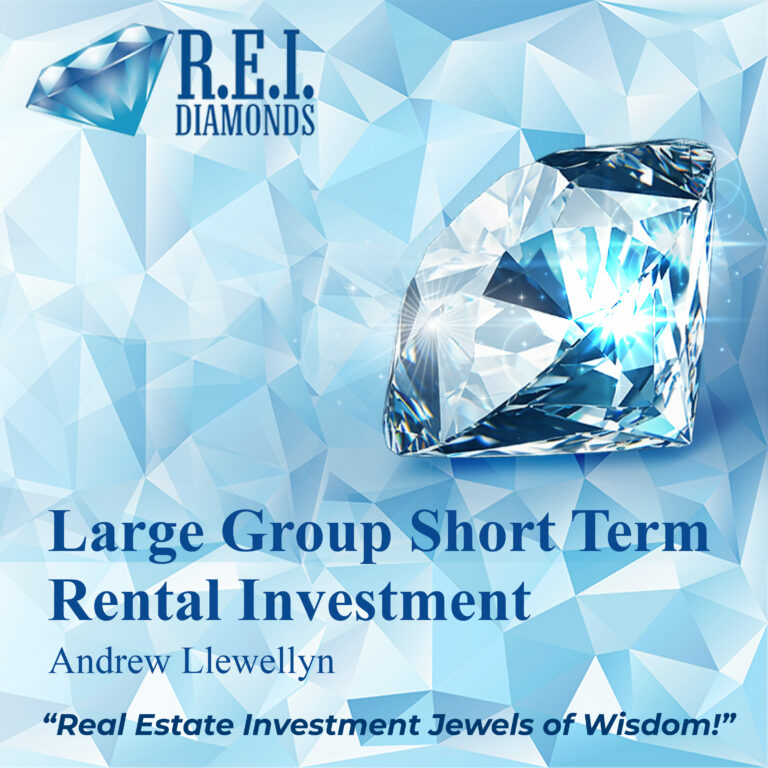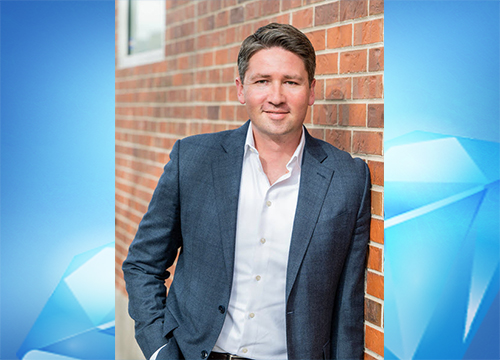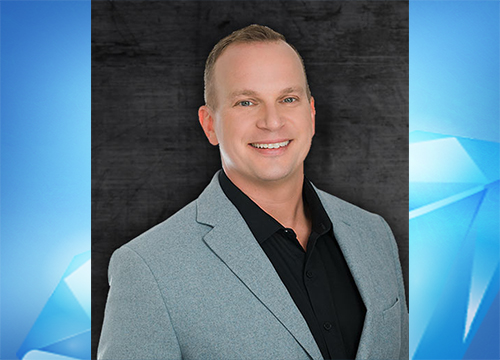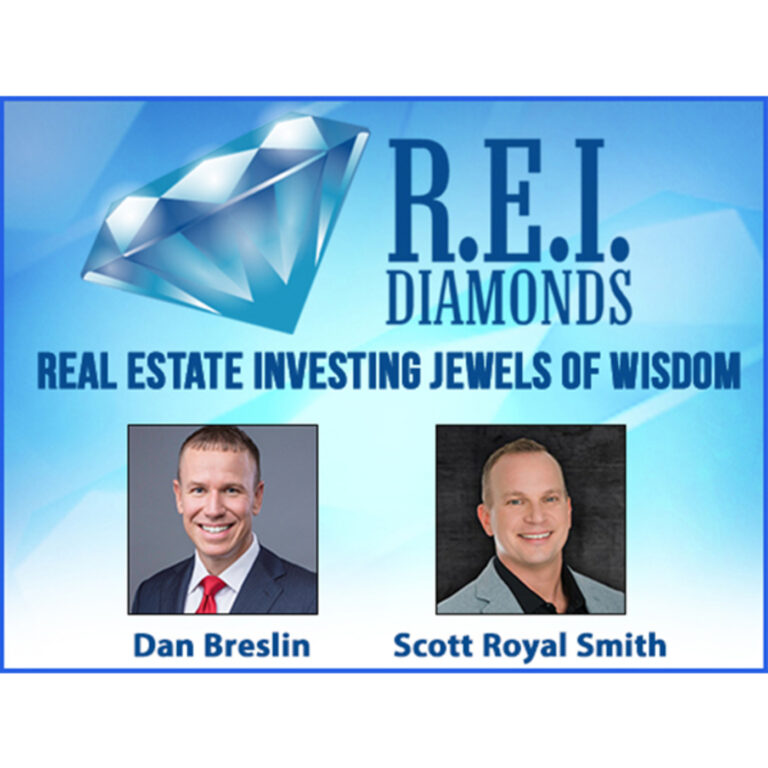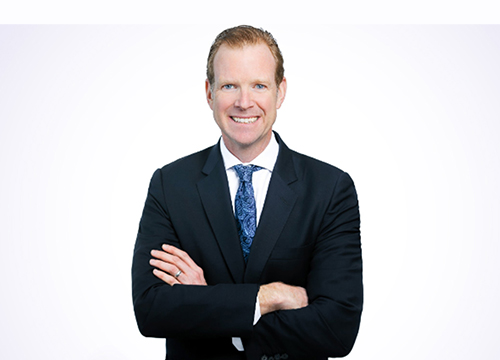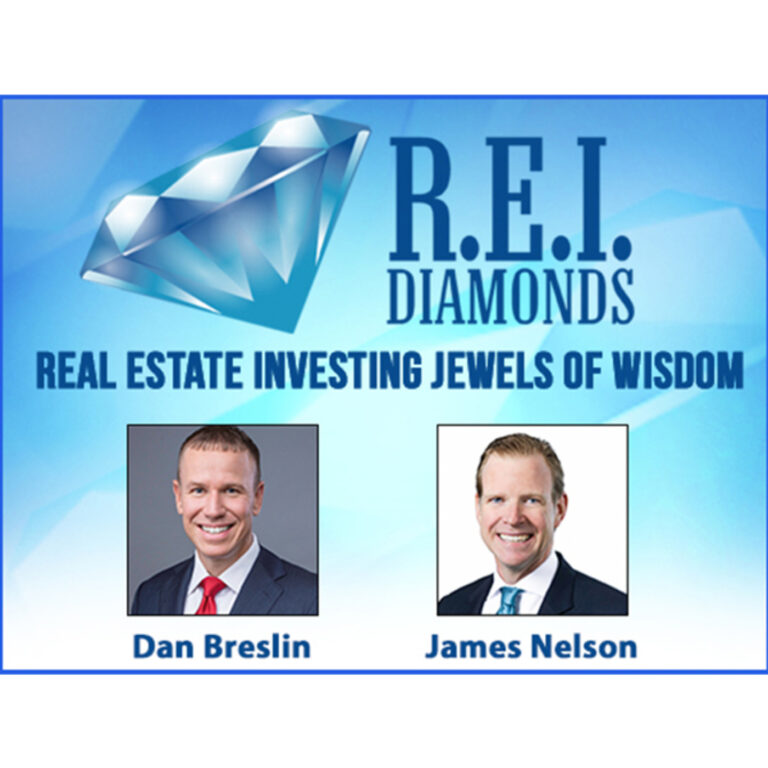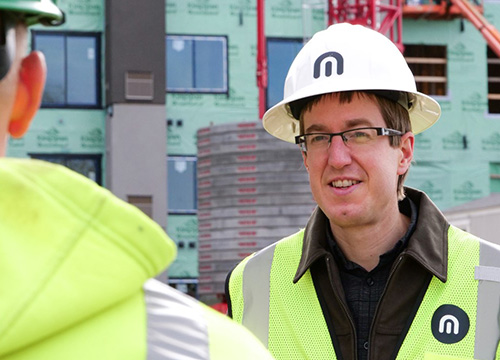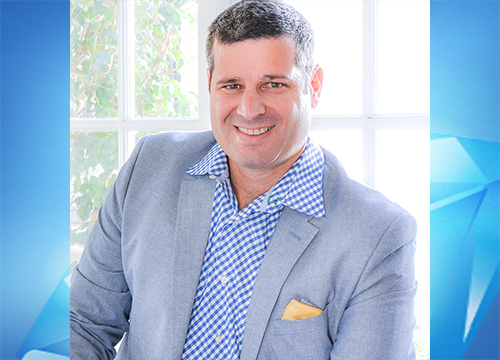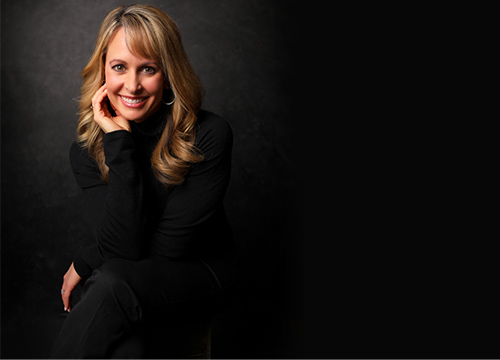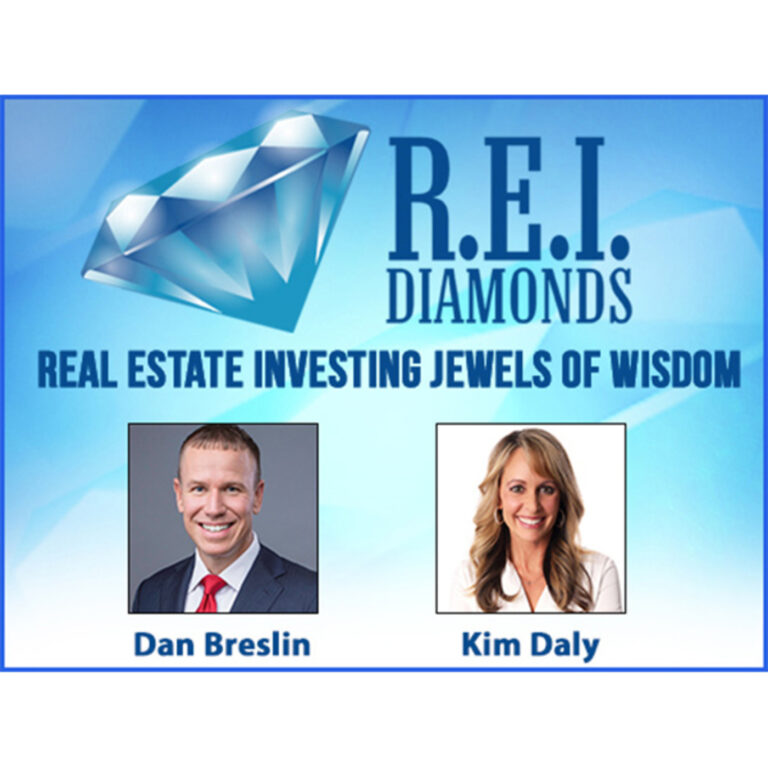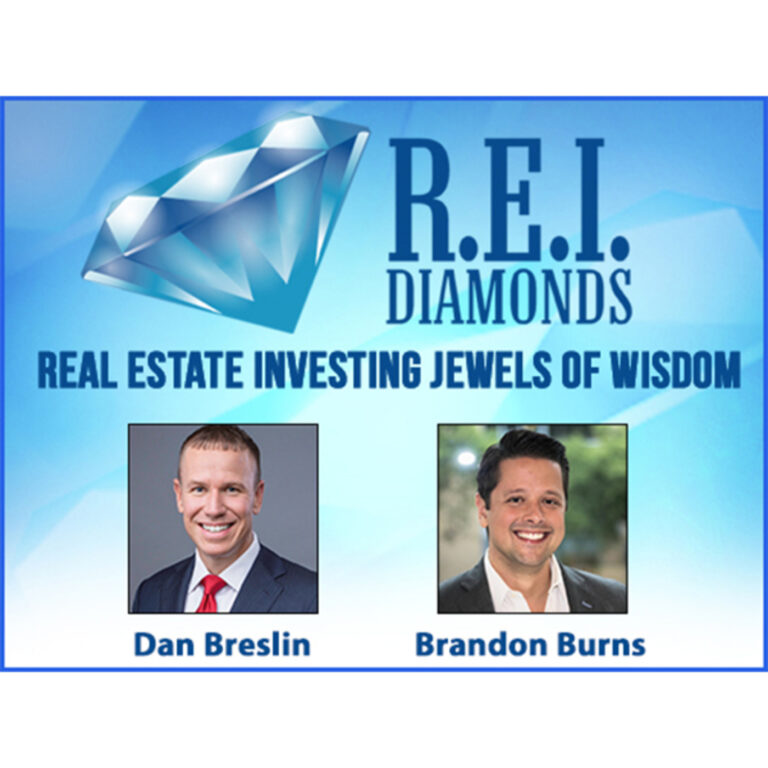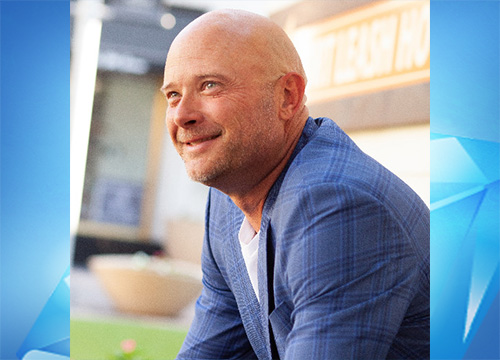
Real Estate Insights and Opportunities From Chicago to Austin with Drew Breneman
Guest: Drew Breneman is a real estate investor based in Austin, Texas. He began his journey at a young age, starting an online business and saving his earnings. As he delved into investing, Drew explored various avenues, including stocks and mutual funds, but found his passion in real estate. Inspired by books on investing, he realized the potential of leveraging properties and their appreciation. Drew purchased his first duplex as a college freshman in Madison, Wisconsin, and continued to expand his real estate portfolio while completing his education. With a focus on multifamily properties, Drew combines his business mindset with investment strategies to create successful ventures in the real estate market.
Big Idea: Join hosts Drew and Dan in this inspiring real estate podcast episode as they discuss Drew’s journey from Chicago to Austin, his early entrepreneurial ventures, and his success in real estate investing. They delve into various topics, including the reasons for Drew’s relocation, real estate opportunities in Chicago, Drew’s entry into real estate investing, his early ventures, transitioning to multifamily and value-add deals, expanding into new markets, the importance of real estate education, holding properties for the long term, and the significance of preparedness. Gain valuable insights and strategies from two experienced real estate professionals.
Dan: Yes, I love Chicago personally for the rental apartments that I own. I think Chicago is understated in the national investment context when we talk about apartment buildings, although I don’t necessarily know if that would hold true when we get into the main topic here of the size of deal that you are focusing on now. I think it probably is a good market, and I’m not super familiar with, let’s say, 20 to 34 units and up in the city of Chicago. But one unique thing, we do deals in Atlanta, Chicago, Philly, around the country, Florida, a lot of other markets as well. And the one thing I found and love about the Chicago market specifically, Drew, is the abundance of two, three, and four-flat buildings. So like, I’ve found no other market, maybe Los Angeles or New York offers that kind of opportunity to call the entry-level investor to get the two or the three or the four-unit buildings and kind of do the house hacking.
So I’ve loved this city for that reason. And when I got here, moved here from Philadelphia in 2015 to Chicago, I was blown away by the high prices in areas where I came from. In Philly, we have very, very low prices comparatively. People making the same kind of money in Philadelphia can buy a much lower-cost house in the city. And then the prices were probably almost double in Chicago. So we have expensive real estate and high rents. And my investment philosophy, buying those apartment units over the past couple of years, has been to get into the expensive property and take out, I don’t want to overpay, but I want to take out a higher and higher mortgage with higher and higher rents on a per-unit basis because I’m paying down that at a higher velocity over time. And then the two and a half percent increases are larger dollars. So it allowed me to play a little bit bigger than I might have been able to play in the city of Philadelphia. And there’s just such an abundance of that type of inventory. Whereas in Philadelphia or a lot of other cities, Atlanta having a duplex or a triplex is like a unicorn. It’s a really rare event. But I digress on that. Why don’t we, for listeners, Drew, why don’t you kind of do our evolution of the business model and your origination story so we can get a picture of who you are and what your business looks like?
Drew: Sounds great! And I’ve noticed the same thing about Chicago. If you wanted to get started in a two to four-unit, there might be more there than anywhere. I often give that advice to someone starting out, and one of the people I was talking to was in Phoenix, and he was like, “There’s no three units here. What are you talking about?” So I was like, “Well, you got to figure out where they are. I’m sure there’s some.” But anyway, yes. So I got started really young. So started from the Milwaukee area, and both my parents were teachers. I was living in the suburbs my whole childhood, and I started a business online just buying and selling items and video games. I didn’t make any huge money on any one sale, but I made five or $10 per sale, and I saved all the money.
This Episode of The REI Diamonds Show is Sponsored by the Deal Machine. This Software Enables Real Estate Investors to Develop a Reliable & Low Cost Source of Off Market Deals. For a Limited Time, You Get Free Access at http://REIDealMachine.com/
This Episode is Also Sponsored by the Lending Home. Lending Home Offers Reliable & Low Cost Fix & Flip Loans with Interest Rates as Low as 9.25%. Buy & Hold Loans Offered Even Lower. Get a FREE IPad when you Close Your First Deal by Registering Now at http://REILineOfCredit.com
Resources mentioned in this episode:
For Access to Real Estate Deals You Can Buy & Sell for Profit:
https://AccessOffMarketDeals.com/podcast/
Drew Breneman & I Discuss Real Estate Insights and Opportunities From Chicago to Austin:
- Reasons for Relocating: Seeking Safety and Lower Property Taxes
- Real Estate Investing in Chicago: Abundance of Entry-Level Opportunities
- Drew’s Early Entrepreneurial Journey: From Online Sales to Real Estate
- Transitioning to Multifamily and Value-Add Deals: Maximizing Returns in Chicago
- Expanding to New Markets: Venturing into Sunbelt Markets
Relevant Episodes: (There are 222 Content Packed Interviews in Total)
- How to Make NNN Lease Investments with Drew Wahlgren of Mag Capital Partners
- Unveiling Your Real Estate Edge: Insights from Jeremiah Boucher
- Being a Professional Passive Investor with Dr. Jeff Anzalone
- Getting High Return on Investment through Co-Living Rentals with Johnny Wolff
- Austin Stack on $1M in 14 Months
The transcript of this episode can be found here.
Transcripts of all episodes can be found here.

